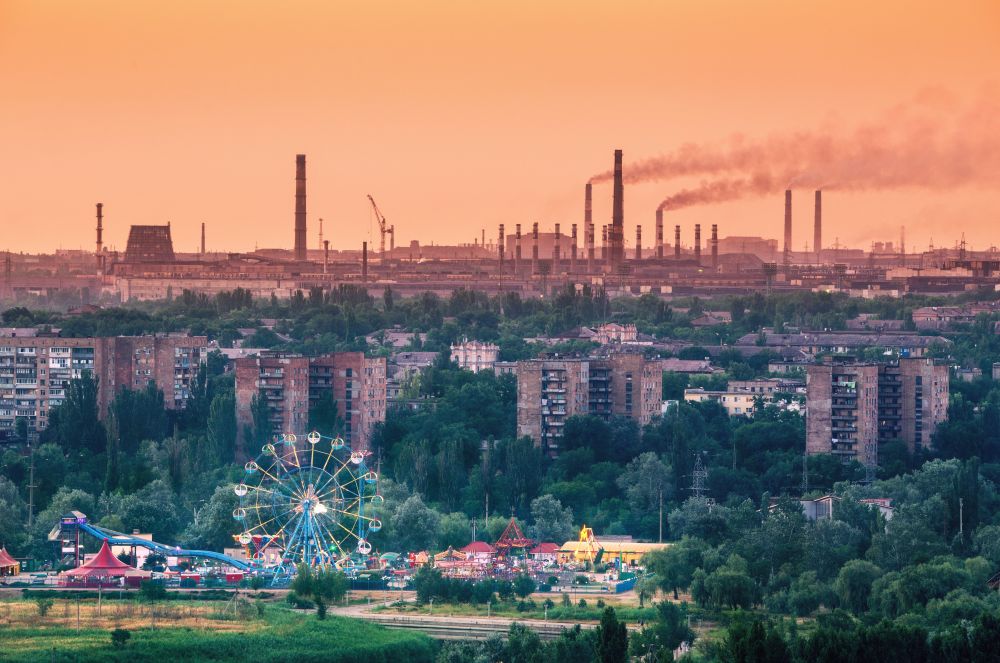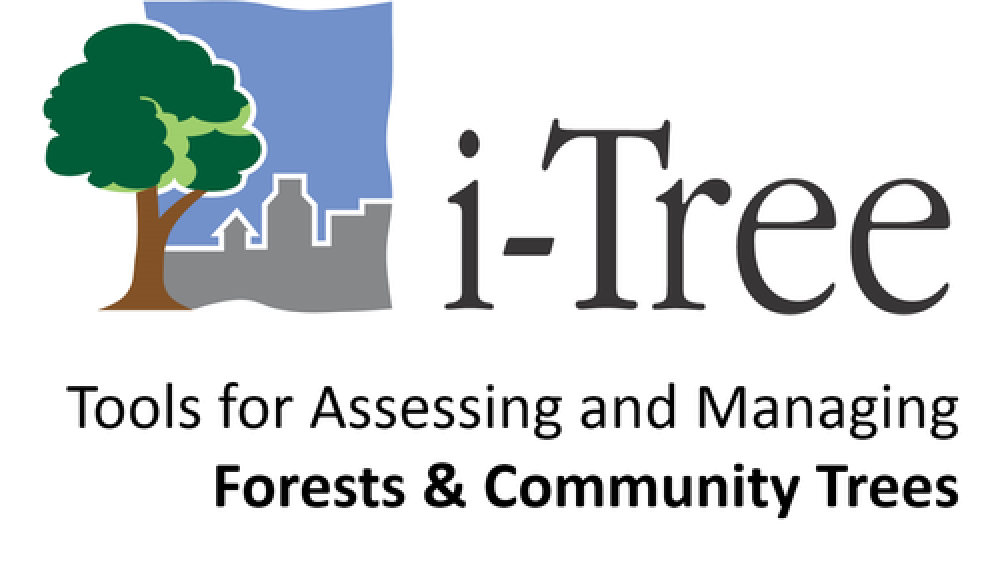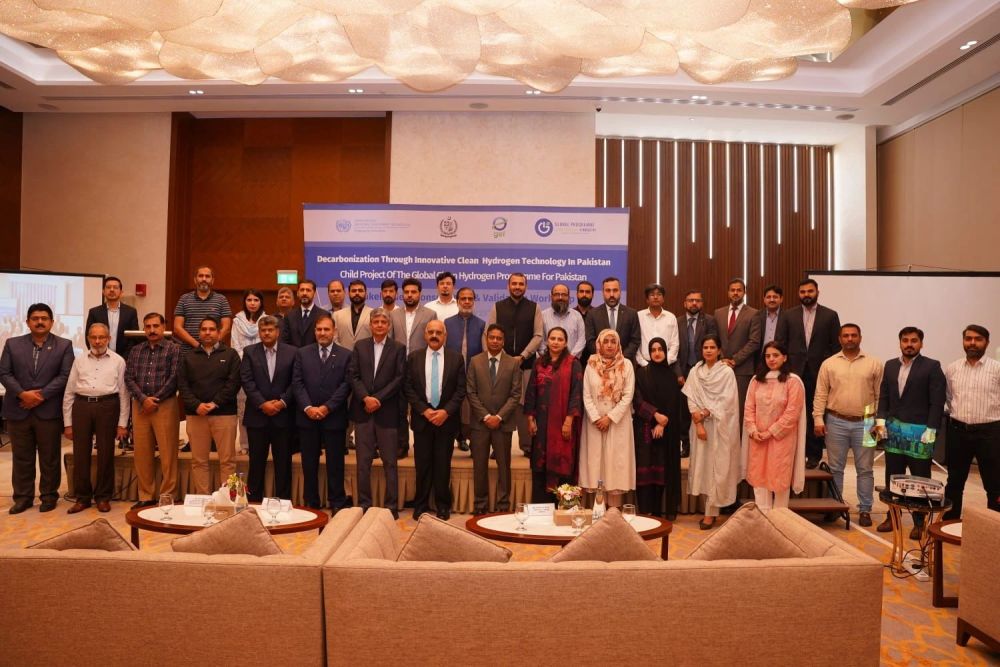57/25 Air Pollution’s Silent Attack on the Brain
Posted 4 months ago
Tiny particles in polluted air aren’t just harmful for lungs; new research shows they may quietly erode brain health and drive up global healthcare costs.
Air pollution is often discussed in the context of climate change, respiratory issues, or the cost of managing conditions like asthma. However, emerging research is revealing a more urgent and personal consequence: polluted air may be silently impairing our cognitive abilities and increasing the risk of dementia.
A study published in Nature tracked 56 million people and found that long-term exposure to fine particulate matter, better known as PM2.5 (PM2.5 refers to microscopic particles measuring 2.5 micrometers or smaller, about 30 times thinner than a human hair. Fine particulate matter comes from sources such as vehicle exhaust, industrial emissions, and even natural events like wildfires. They are linked to a faster onset of Lewy body dementia, one of the most common forms of memory loss after Alzheimer’s Disease.
The study suggests that while pollution may not directly cause dementia, it seems to speed it up, especially in people already at risk because of age or genetics. Think of PM2.5 as fuel poured on a smoldering fire: the disease ignites sooner and burns faster.
Why Air Pollution Matters for Health and Business
The global dementia market already incurs more than $1.3 trillion annually in healthcare expenses and lost productivity, according to Alzheimer’s Disease International. If air pollution is indeed accelerating dementia, the long-term economic implications could be staggering, affecting employers, insurers, and entire economies.
Companies operating in polluted urban centers face a double-edged sword: a workforce more vulnerable to cognitive decline and rising insurance claims. That makes clean-air policies not just a health priority but a financial one.
How Air Pollution Leads to Neurological Disorders?
Now the question is, how exactly does dirty air damage the brain?
Tiny intruders: PM2.5 is 30 times smaller than the width of a human hair, small enough to slip into lungs, enter the bloodstream, and even reach the brain.
Inflammation and stress: Once inside, these particles spark inflammation and oxidative stress, the biological equivalent of rust, eating away at brain cells.
Memory pathways disrupted: Studies show that long-term exposure is linked to the buildup of amyloid plaques and vascular injury, both key drivers of dementia.
Evidence Is Stacking Up Suggesting Air Pollution Role in Dementia
This isn’t a one-off finding. Earlier this year, Cambridge scientists analyzed data from nearly 29 million people and reported that every 10 microgram rise in PM2.5 was tied to a 17% higher dementia risk. A Harvard-led review echoed the result: just two micrograms more pollution raised risk by 17%. Even modest increases from traffic exhaust doubled the odds of Alzheimer like brain changes in healthy adults.
The message is clear: cleaner air isn’t just about blue skies it’s about sharper minds.
What Can Be Done Now?
For policymakers, investing in clean energy and stricter air quality standards could save billions in healthcare costs. It may be time for businesses to consider air quality as part of workplace wellness, like gym memberships or mental health benefits.
On an individual level, experts recommend:
Tracking local air quality and adjusting outdoor activity when pollution spikes.
Air purifiers should be used indoors, especially in high-traffic cities.
Wearing protective masks (like N95s) on high-smog days.
Air pollution is no longer just an environmental issue; it’s an economic and neurological one. Science shows that the invisible particles in our air may be quietly eroding our cognitive abilities. For businesses, governments, and families alike, the cost of ignoring this risk could be far higher than we ever imagined. It's time for collective action to protect our cognitive health and the health of our planet.





